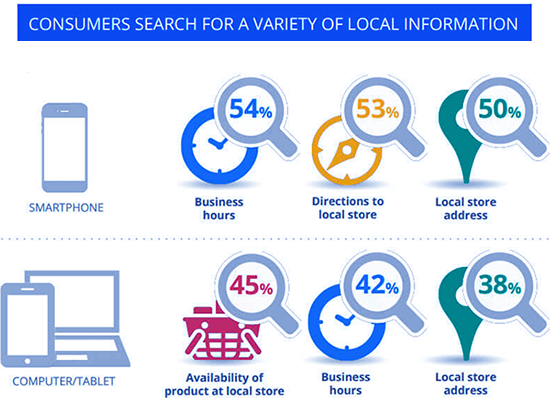
Elevating Performance: Technical SEO Implementation Strategies
In the ever-evolving landscape of digital marketing, mastering technical SEO implementation is essential for optimizing your website’s performance, enhancing user experience, and securing higher search engine rankings.
Understanding the Foundation: What is Technical SEO?
At its core, technical SEO involves optimizing the technical aspects of your website to improve its search engine visibility. This includes elements such as site speed, mobile-friendliness, crawlability, and more. The foundation of technical SEO lies in creating a website structure that is not only accessible to search engines but also enhances the user experience.
Optimizing Site Speed: The Need for Speed
Site speed is a crucial factor in user experience and SEO rankings. Slow-loading websites frustrate users and lead to higher bounce rates. Technical SEO implementation focuses on optimizing images, leveraging browser caching, and minimizing unnecessary code to ensure swift page loading.
Mobile-Friendly Design: Catering to Mobile Users
With the prevalence of mobile devices, mobile-friendliness is a non-negotiable aspect of technical SEO. Google prioritizes mobile-friendly websites, and responsive design ensures that your site provides a seamless experience across various devices. Prioritizing mobile optimization enhances user satisfaction and search engine rankings.
Crawlability and Indexability: Ensuring Accessibility
For search engines to rank your pages, they must first crawl and index them. Technical SEO involves ensuring that search engine crawlers can easily navigate and understand your website. Properly structuring your site, utilizing a sitemap, and addressing crawl errors are essential for optimal crawlability.
Structured Data Markup: Enhancing Rich Snippets
Implementing structured data markup provides search engines with additional context about your content. This can lead to the creation of rich snippets, enhancing how your website appears in search results. Technical SEO experts leverage schema markup to provide structured data, improving the visibility and appeal of search listings.
Canonicalization: Managing Duplicate Content
Duplicate content can confuse search engines and dilute the visibility of your pages. Technical SEO implementation involves using canonical tags to specify the preferred version of a page when duplicate content exists. This ensures that search engines understand which version to prioritize in rankings.
SSL and Website Security: Trustworthy Online Presence
Security is a crucial aspect of technical SEO. Implementing an SSL certificate not only encrypts data but also signals to search engines that your website is secure. A secure website builds trust with users and positively impacts search rankings.
Optimizing URL Structure: User-Friendly and Search Engine Friendly
A clean and logical URL structure is beneficial for both users and search engines. Technical SEO focuses on creating URLs that are easy to read, relevant to the content, and optimized with target keywords. This enhances the user experience and contributes to better search rankings.
Regular Audits and Maintenance: Staying Ahead
Technical SEO is not a one-time task; it requires regular audits and maintenance. Periodic checks for broken links, updating outdated plugins, and ensuring that your website’s technical aspects align with current best practices are vital for sustained SEO success.
Monitoring and Analytics: Data-Driven Optimization
Utilizing analytics tools provides valuable insights into the performance of your technical SEO strategies. Monitoring metrics such as site traffic, bounce rates, and crawl errors allows you to make data-driven decisions for continuous optimization and improvement.
To delve deeper into technical SEO implementation and elevate your website’s performance, visit writemyessay-site.com. Implementing these strategies ensures that your website not only meets search engine standards but also delivers an optimal user experience, contributing to improved visibility and online success.





